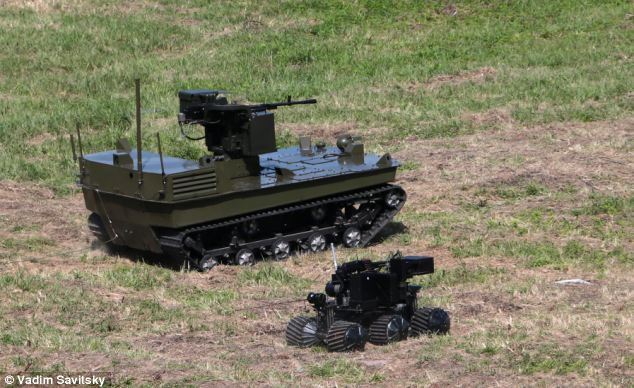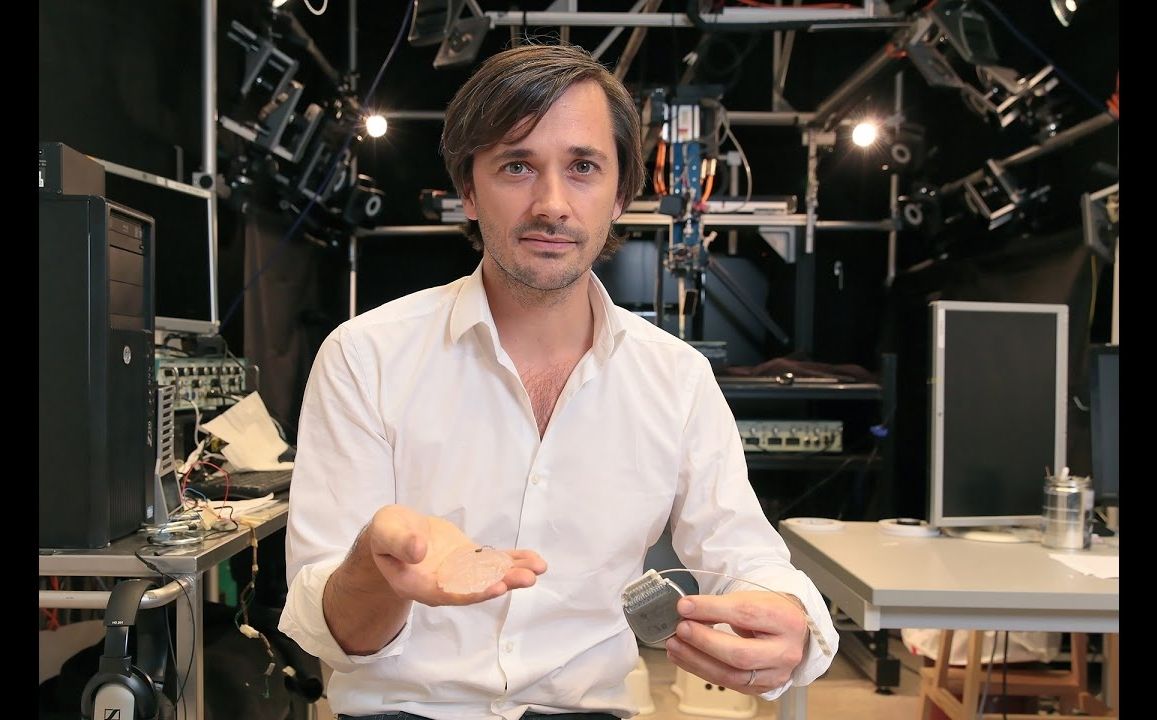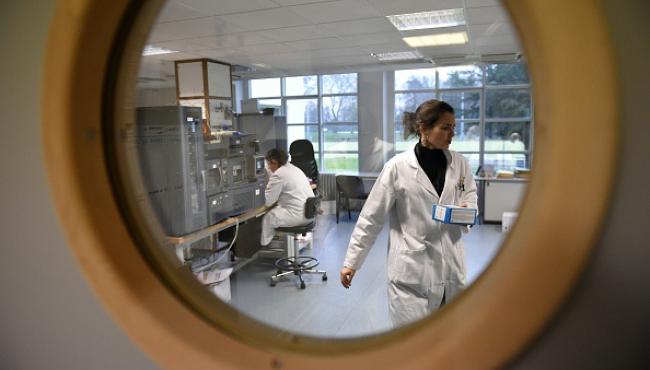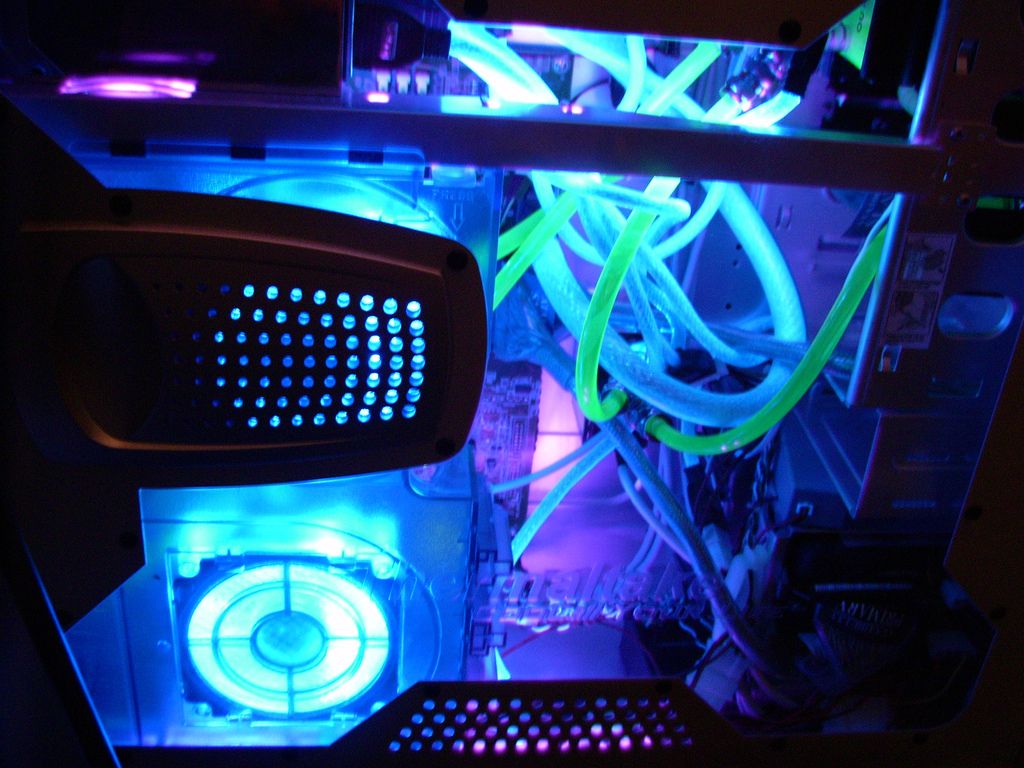Immunotherapies and progressing rapidly and could be a way to help your own body fight cancer by allowing the immune system to see the cancer cells and attack them.
A Ludwig Cancer Research study shows that an experimental drug currently in clinical trials can reverse the effects of troublesome cells that prevent the body’s immune system from attacking tumors. The researchers also establish that it is these suppressive cells that interfere with the efficacy of immune checkpoint inhibitors. This class of immunotherapies lifts the brakes that the body imposes on the immune system’s T cells to unleash an attack on cancer cells.
“Though checkpoint inhibitors have durable effects when they work, not all patients respond to the treatment,” says Taha Merghoub, an investigator at the Ludwig Memorial Sloan Kettering Collaborative Laboratory who led the study with Director Jedd Wolchok. “Part of the reason for this is that some tumors harbor tumor -associated myeloid cells, or TAMCs, that prevent T cells from attacking tumor cells.”
In a study published online today in Nature, Merghoub and his team used mouse models of cancer to show that the effects of TAMCs can be reversed by an appropriately targeted therapy.









